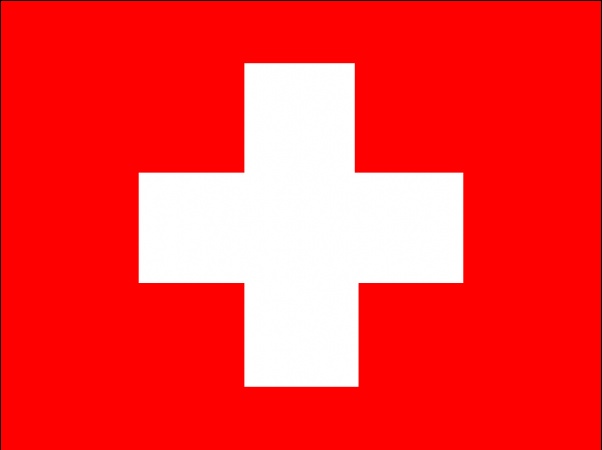Login form
Customs of Switzerland
Marriage and Family
 Many couples live together for several years before getting married or instead of marriage. It is considered important to finish one’s education or to become financially established before getting married. Most Swiss marry in their middle to late 20s.
Many couples live together for several years before getting married or instead of marriage. It is considered important to finish one’s education or to become financially established before getting married. Most Swiss marry in their middle to late 20s.
Families are generally small, with only one or two children. Family privacy is considered important. Traditionally, the man is considered the head of the household; however, women increasingly work outside the home, although to a lesser extent than in many other European countries. Parliamentary representation among women is also lower than elsewhere in
Eating
Breakfast is usually light and might include various types of fresh bread, cheese, jam, and coffee. The main meal of the day is traditionally at midday and often consists of a main dish with meat and some form of potatoes or pasta, vegetables, and salad. A light dinner is served between 6 and 7 pm; it often consists of open-faced sandwiches. In major urban areas, the trend is to have the main meal in the evening.
The Swiss have combined dishes from surrounding countries with their own to create a cuisine that is distinctly Swiss, whether one is in a German-, French-, or Italian-speaking area. Cheese fondue (melted cheese and wine into which chunks of bread are dipped) is found throughout the country, and small portions of a soft melted cheese known as Raclette are eaten with boiled potatoes and pickles. Meat is often served in rich sauces, and plates of cold meats are frequently eaten as appetizers. Fresh fish is available in lakeside areas. Most regions have their own specialties, including sausages, soups, cheeses, cakes, and wines, together with some foods that are hard to find in other parts of the country. The
Etiquette requires that one does not start eating until the host or the eldest has begun. Everyone then says “En Guete” to wish each other a good meal. The fork is held in the left hand, and the knife in the right. Hands are kept above the table, and utensils are placed side by side on the plate when finished eating.
Socializing
Most Swiss shake hands when greeting, and traditional formality tends to mean that titles and surnames are used more than in some other western European countries. Although use of first names is now widespread among younger people, adults tend to use them only among close friends and family. Verbal greetings vary among language groups, but also according to the time of day and the situation.
Most visits are prearranged; the Swiss rarely drop in on others unannounced. Visitors often bring a small gift to the hosts, especially if visiting for the first time.
Recreation
The Swiss are fond of the outdoors, and many people enjoy walking, skiing, and climbing. Soccer, tennis, swimming, fishing, skating, and water sports are also popular, although there are restrictions on speedboats in some lake areas. A small number of Swiss also enjoy traditional games unique to
Holidays and Celebrations
Official holidays include New Year’s Day (1 January), Easter (Friday through Monday), Ascension, Whitsunday and Whitmonday, National Day (1 August), Federal Day of Prayers (a thanksgiving holiday in September), Christmas Day (25 December), and 26 December. In most parts of the country, Labor Day (1 May) is also a holiday, as are some other days during the Christmas-New Year period.
In
Christmas is the biggest celebration of the year. On Christmas Eve, families gather for a large meal and exchange gifts. The family relaxes on Christmas Day and visits friends on 26 December. New Year’s Eve (31 December) is also Saint Sylvester’s Day, when the last person of the household to rise from bed is woken up with shouts of “Sylvester!” The last child who makes it to school is also dubbed Sylvester. In the evening, parties, fireworks, and church bells usher in the new year.
Source: Encarta Interactive World Atlas

